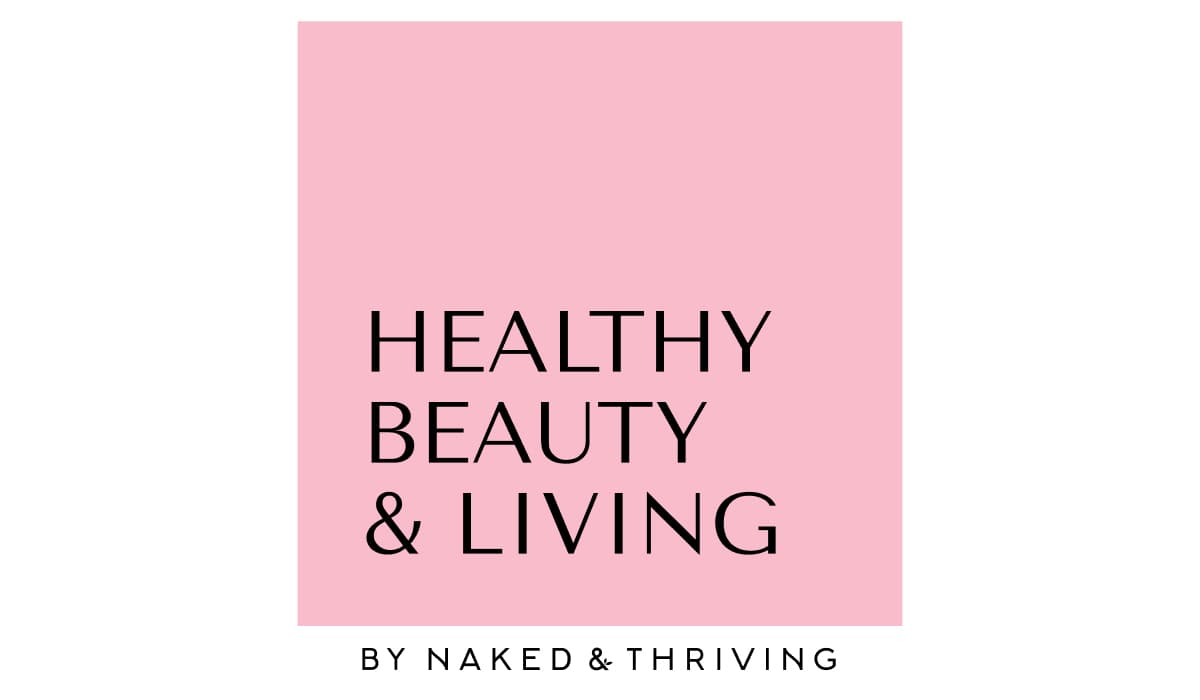Putting on sunscreen is the second easiest way to protect your skin from sun damage. (Staying out of the sun is the first, but you have to live your life!) However, 2013 and 2016 studies concluded that while SPF helps safeguards humans from cancer, it’s also deadly for marine life and coral reefs.
Many of the common ingredients found in chemical sunscreens (aka ones that protect skin by transforming the sun’s rays into heat through a chemical reaction) are linked to bleaching and killing coral, infertility in fish, and have even found in the tissues of dolphins. These sunscreens, and their ingredients, are getting into the waterways when they are washed down the drain or you swim in a lake or ocean.
New York City-based Joshua Zeikner, MD has noticed his patients have become interest in reef-safe sun protection.
“Consumers in general are much more knowledgeable now than they were several years ago,” the Director of Cosmetic and Clinical Research at Mount Sinai Hospital says. “Awareness of both environmental and personal well-being is likely what is driving this shift in consumer preferences for sunscreen.”
What is reef-safe sunscreen?
“There is no specific definition for a reef safe sunscreen,” Zeikner says. “Most people consider products to be reef-safe if they do not contain the chemical UV blocking ingredients like octocrylene and octinoxate.”
How do know if you sunscreen is reef-safe?
Read the label. Focus on what’s listed in the “active ingredients” box, which can usually be found on the back panel. Here’s the list of ingredients to avoid, according to both Zeichner and the Haereticus Environmental Laboratory:
- Oxybenzone
- Octocrylene
- Octinoxate
- Para-aminobenzoic acid (PABA)
- Types of Parabens
When should I use reef-safe sunscreen?
Ideally, anytime you’re smoothing on SPF. These formulas are great for every day, not just when you’re at the beach. And anything that’s washed down your drain post-shower will end up in your local waterways.

